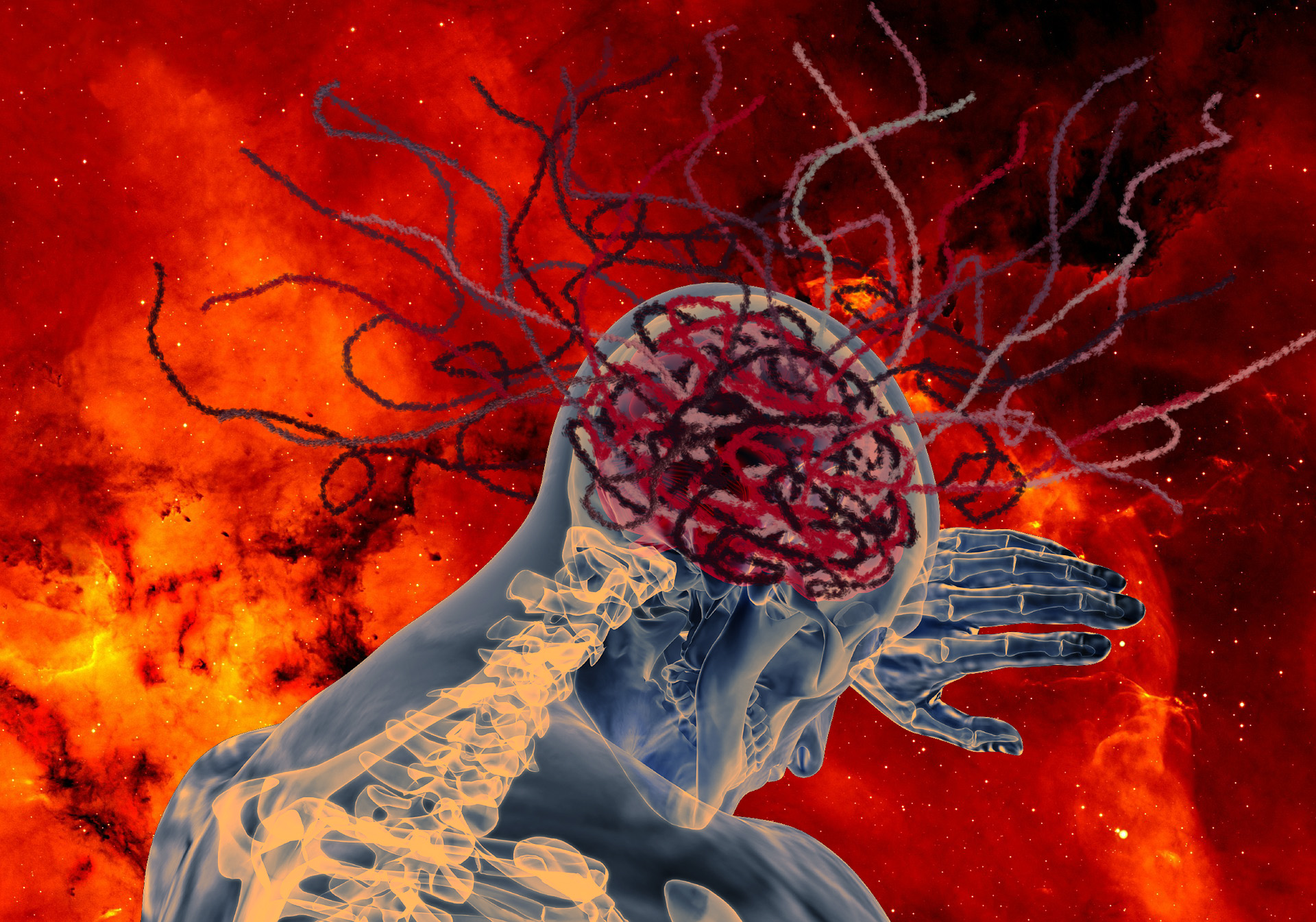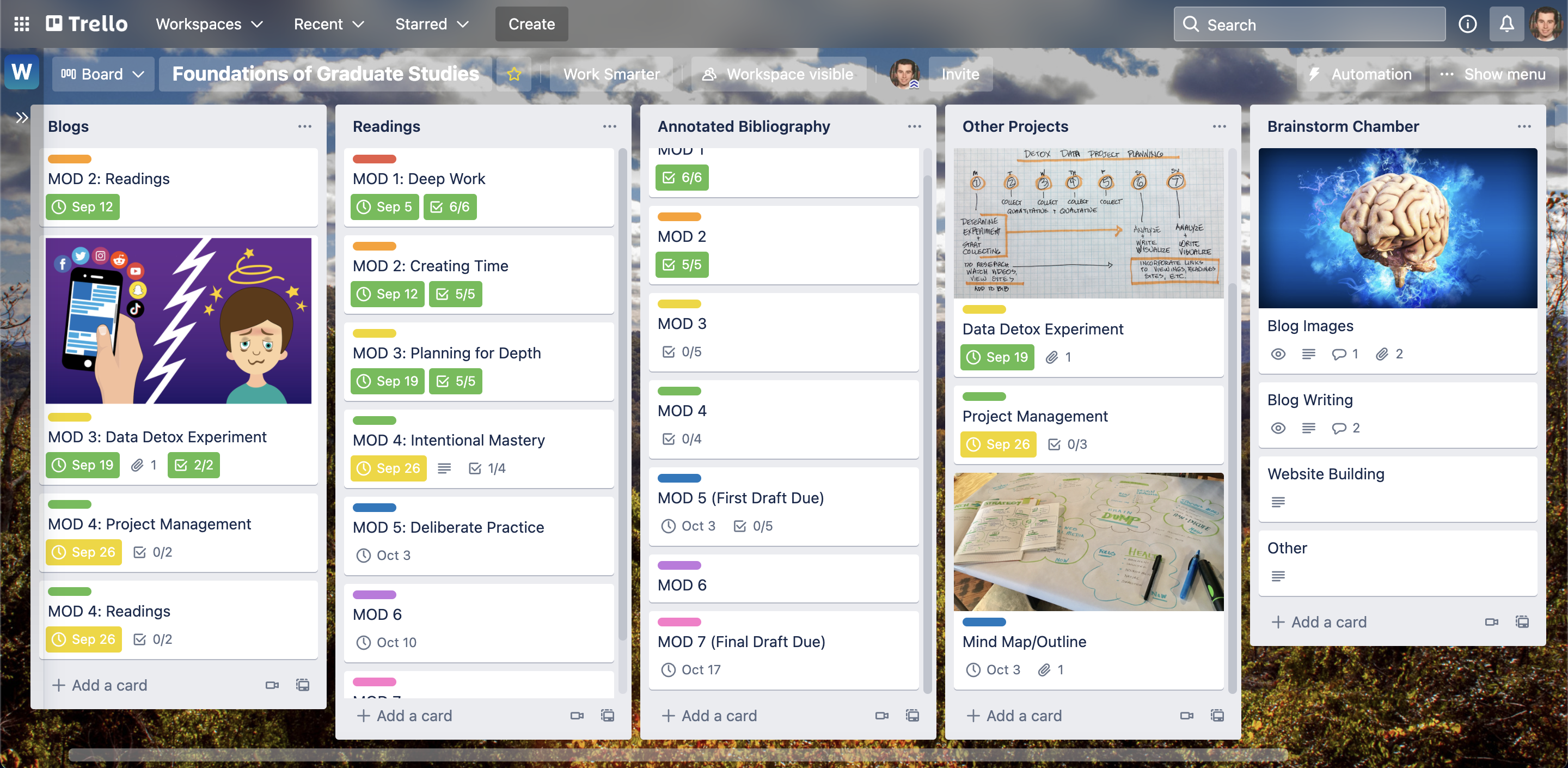
Introduction
I have the inattentive form of ADHD (also known as ADD), which means that while I do not have hyperactivity issues, I have had tremendous difficulty keeping sustained focus. There is a LOT more to ADHD than focus-related deficiencies, but I will be discussing just this commonly-known symptom for now. If I had to describe it, often my brain feels like straight pudding. I have trouble staying attuned to what even a close friend is saying, which may come off as rude. It usually takes me longer than what is considered normal to complete a task- especially tasks with any kind of mental strenuosity. In order to succeed in school, I often had to rely on short bursts of hyper-focus that my ADHD gifted me with. Arguably, these bursts did pay off, considering that I graduated with honors and Cum Laude in my undergraduate studies. That being said, the rest of my time doing assignments (I’d estimate around 90% of my time) was spent either being easily distracted by whatever my brain and the cosmos throw my way, or doing what Cal Newport describes as “shallow work” in his novel Deep Work: work that requires next to no focus, can be done almost involuntarily, and that can be “easy to replicate” (6).
What certainly doesn’t help my ADHD at all is the presence and abundance of high-speed technology. Although it is a blessing to be able to find the information I need with some strokes of my fingertips or a few clicks of a button, it becomes second nature to feel the urge to pick up my phone and mindlessly scroll on social media, switch tabs to change a setting or check my email, or to shift my attention to what is happening on my Smart TV. Michael Harris’s article I have forgotten how to read for The Globe and Mail attests to this, as even a professional reader and writer is compromised by this phenomenon and even claims that the way we view media today largely affects how tolerant we are of delay and mono-attention. So in a way, technology has greatly fed into my ADHD rather than remedy it.
Of course, one would infer that it’s common sense a distracted and scattered brain makes performing difficult tasks, well, more difficult. But before reading the Introduction and chapter 1 to Deep Work, I was determined to find out: how much do distractions REALLY affect my overall performance? And can I perform more efficiently and even alleviate my ADHD symptoms by forcing myself to shut off all distractions and temptations?
The Case Study
For this ‘experiment,’ I decided to read the introduction under shallow work and read chapter 1 under an attempt to do this so-called ‘deep work.’
For the introduction chapter, I sat in my living room with the TV on and my mother around (even the mere presence of another human is distracting for me). As I was reading, here are some notes on what I observed:
- It took me over an hour to read it.
- I found myself re-reading paragraphs at least 10 times.
- I would get lost in my thoughts, even if I wasn’t trying to pay attention to the TV or my surroundings.
- Highlighting, bookmarking and note-taking was slightly difficult; I tended to do so on more extraneous info rather than the major takeaways.
- I had to re-read my notes and highlights in order to retain the information better.
And then there’s chapter 1. For this chapter, in attempt to perform this aforementioned work ‘deeply,’ I shut myself in my room, put my phone out of reach, and made sure that I could hear nothing but the isochronic tones I listen to which help my ADHD. Here are the observations from this:
- It took me about a half an hour to read it (half the time as the previous).
- I re-read paragraphs a LOT less frequently. I think I recall only doing so twice.
- The lack of other noises/senses slightly reduced my brain fog, allowing me to think more about the topics I was reading.
- Highlighting, bookmarking, and note-taking came at greater ease, taking less time to do.
- I was able to retain my highlights better with less re-reading.
Conclusion
The biggest takeaway from this short ‘experiment’ is that the former method of reading took a lot longer than the latter; therefore distractions have a much bigger toll on my work performance than I had originally thought. This may prove Newport’s assertion to be correct, but of course one short case study is not enough evidence to draw a big conclusion like that; so I will take it with several grains of salt for now. Additionally, being able to do the latter method under the right settings all the time is probably not something I can accomplish. In fact, I think being able to do so is a privilege, which I will talk about in a later blog. As for my ADHD, it is something that I have to cope with; but perhaps I can alleviate my focus-oriented symptoms through some voluntary measures like these.







